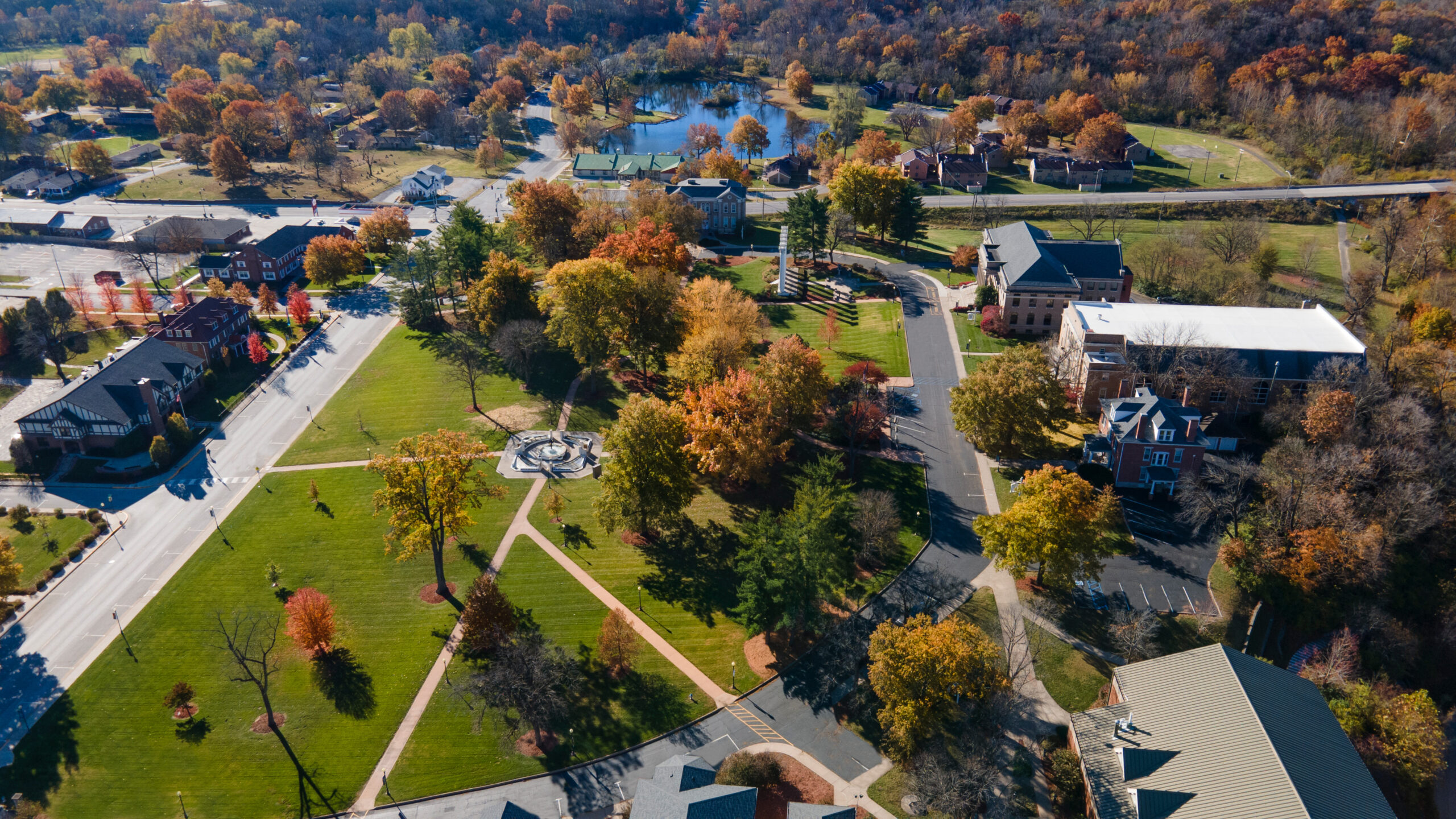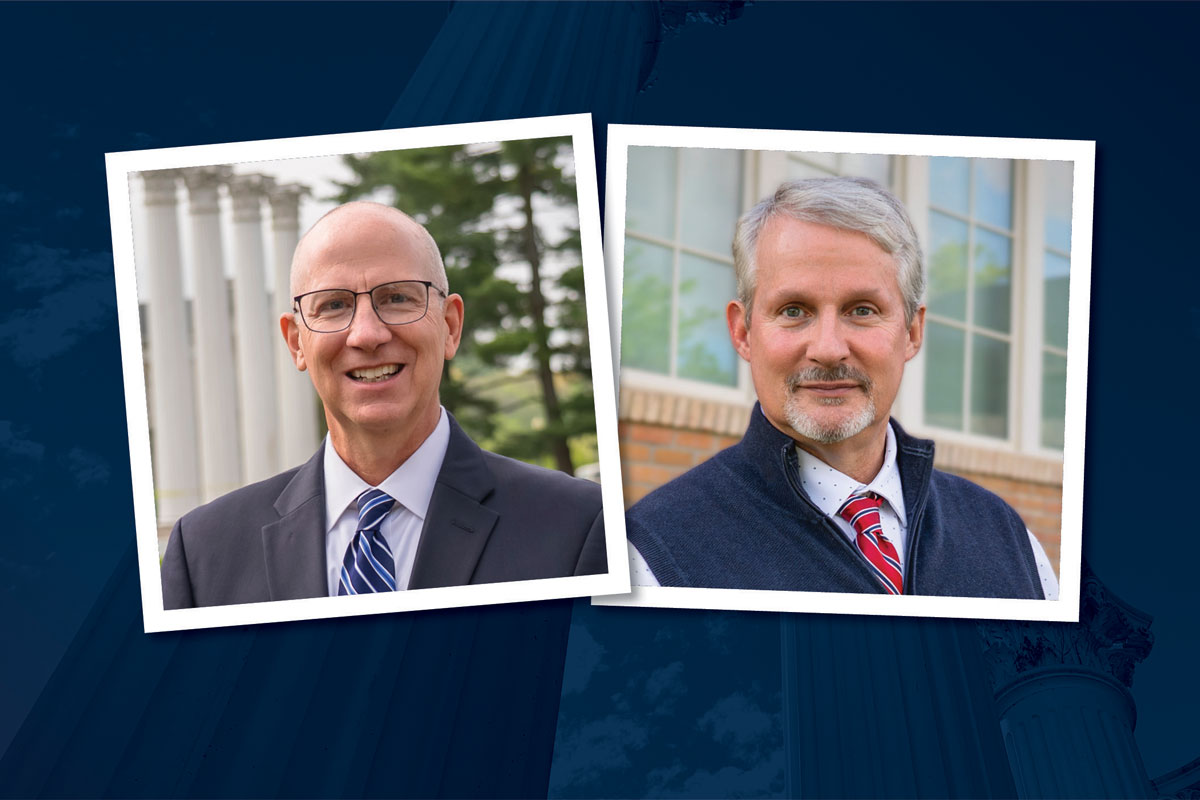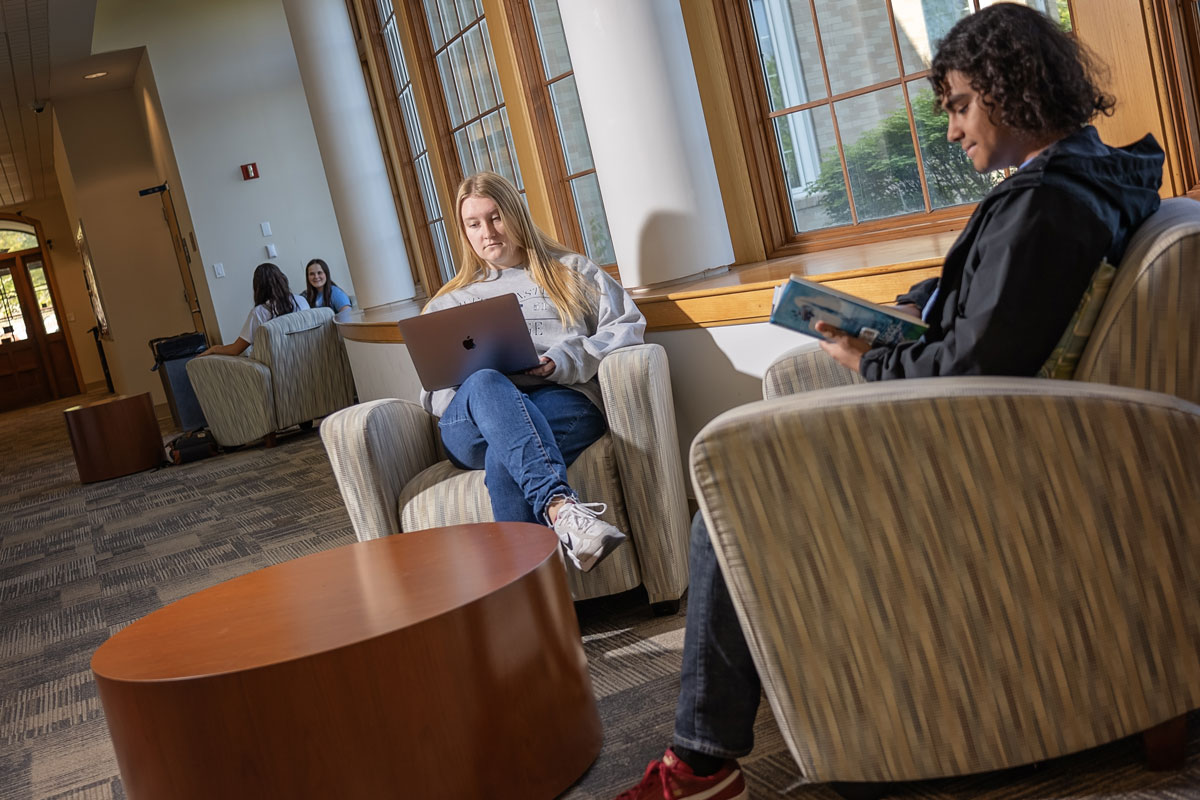A U.S. Congressman, a Major General who managed the largest security cooperation program in the world, a federal diplomatic security agent, and the man in charge of information gathering for the Missouri State Highway Patrol are just four of the security experts scheduled to speak to high school students attending the Westminster Institute for National Security (WINS), to be held July 19-21 at Westminster College at Fulton, MO.
“Westminster College has developed the Westminster Institute for National Security in an effort to teach and train high school students who are interested in homeland, national and international security issues,” says Dr. Tobias T. Gibson, Associate Professor of Political Science at Westminster. “Helping students build historical, political, ethical and cultural context within the security nexus is a key role of this Institute.”
Guest Speakers Planned for WINS
U.S. Congressman Blaine Luetkemeyer
Congressman Luetkemeyer, formerly a Missouri State Representative from 1999 to 2005, represents the 13 counties that make up the 3rd Congressional District of Missouri. Building on his experience as a bank examiner and community banker, he serves on the House Financial Services Committee and the House Small Business Committee. In addition, he is the Chairman of the Subcommittee on Housing and Insurance.
Captain David Hall, Missouri Information Analysis Center
Hall is the Director of the Missouri Information Analysis Center (MIAC) at the Missouri State Highway Patrol. The agency which Captain Hall leads serves as Missouri’s fusion center. MIAC collects, evaluates, analyzes, and disseminates information to agencies tasked with homeland security responsibilities.
Ryan T. Smith ’06, Diplomatic Security Special Agent
Smith is a Diplomatic Security Special Agent for the U.S. Diplomatic Security Service (DSS) of the U.S. State Department. A 2006 Westminster graduate, Smith was most recently was stationed in Khartoum, Sudan. Previously he worked for the Department of Homeland Security as part of the U.S. Border Patrol.
The DSS most notably provides protection for US diplomatic missions, US diplomats, and visiting foreign dignitaries below the head of state level. The DSS also performs myriad other activities including international investigations, threat analysis, cyber security, counterterrorism, security technology, and protection of people, property, and information.
Retired U.S. Army Major General Byron Bagby ’78
A native of Fulton, Major General Bagby, Class of 1978, managed the largest security cooperation program in the world with programs valued at over $1.3 billion as Chief of Defense Cooperation in Cairo, Egypt. He also served as Commandant of Joint Forces Staff College in Norfolk, VA and was on the faculty/staff of the United States Military Academy.
Major General Bagby has combat deployment experience in Grenada and Afghanistan and has served in the Pentagon on the Joint Staff and the Army Staff. He is the recipient of two Army Distinguished Service Medals and four Defense Superior Service Medal and held command positions in both the 82nd Airborne and 101st Airborne Divisions before retiring after 33 years of service.
In addition to connecting with these speakers, WINS students will also gain knowledge and an expert perspective in four different areas of security study, through analysis, discussion, debate, problem-solving and role-playing activities.
In one session students will examine the causes and consequences of 9/11—the policy decisions made after the attacks and what impact that event has had on our domestic politics, culture and society.
In a look at how to deal with human rights abuses that occur during wars, students will play different roles in a post-war planning simulation which emphasizes making decisions about how to balance demands for justice and reconciliation.
A third session will ask students to choose from a variety of interactive activities to explore cybersecurity. They will create a cybersecurity context map and identify breaches; encrypt data and crack code; investigate computer forensics; and discover how to protect their own data.
Recently, Westminster has renovated the Department of Computer Science and Information Technology computer labs to create a cybersecurity computer lab, a dedicated space detached from the rest of the campus network. This lab will provide students in the program the necessary space to explore security issues, defend against simulated hackers and utilize computer security and forensic tools.
Students in this summer program will also learn about the Advanced Technical Intelligence Center. Its mission is to develop a workforce of appropriately cleared government and contractor personnel capable of generating actionable information from technical intelligence systems.
Westminster College is one of a select group of colleges and universities with an established partnership with the Center.
“As our nation develops policies and continues to face varied threats from within and beyond our borders, we believe that helping current high school students and future security professionals to understand the complexities of the issues facing our nation and world is a necessary component to securing the United States,” says Dr. Gibson.
This is the editorial account for Westminster College news team. Please feel free to get in touch if you have any questions or comments.







I would have loved to sat in on this event both to learn and mentor youth in matters of national security. My background is not as glamorous as some of the guest speakers but I am all for identifying early on the nation’s next batch of operators and analysts ready and capable of satisfying our country’s need for security from both internal and external threats. If ever this event takes place again or a short course like this is offered in a reinstated ‘Churchill Academy’, please inform me. Should I not be able to teach, I’ll try to make the effort to set aside a day or two for participation.
Definitely get students into ATIC’s Analyst Boot Camp. Encourage affiliations with a US Military Reservist opportunities as well. US Navy CTN’s are in high demand now through 2017. CTN’s are cyber security operators and will work and be trained by the NSA. It’s a great opportunity to get ahead with great benefits.
Very Respectfully,
LN1 Philpott, W.
Class of 2003
Sigma Alpha Epsilon
CTI-9209/9134 & STG-0469/0524/0450/0527
Thank you for your interest in this event, LN1 Philpott. The summer institute was a success, and Security Studies is a new major this year at Westminster and is growing in popularity here. We will keep this in mind! Did you know that the theme of this year’s annual Hancock Symposium is security? Details here: Symposium.Westminster-MO.edu.